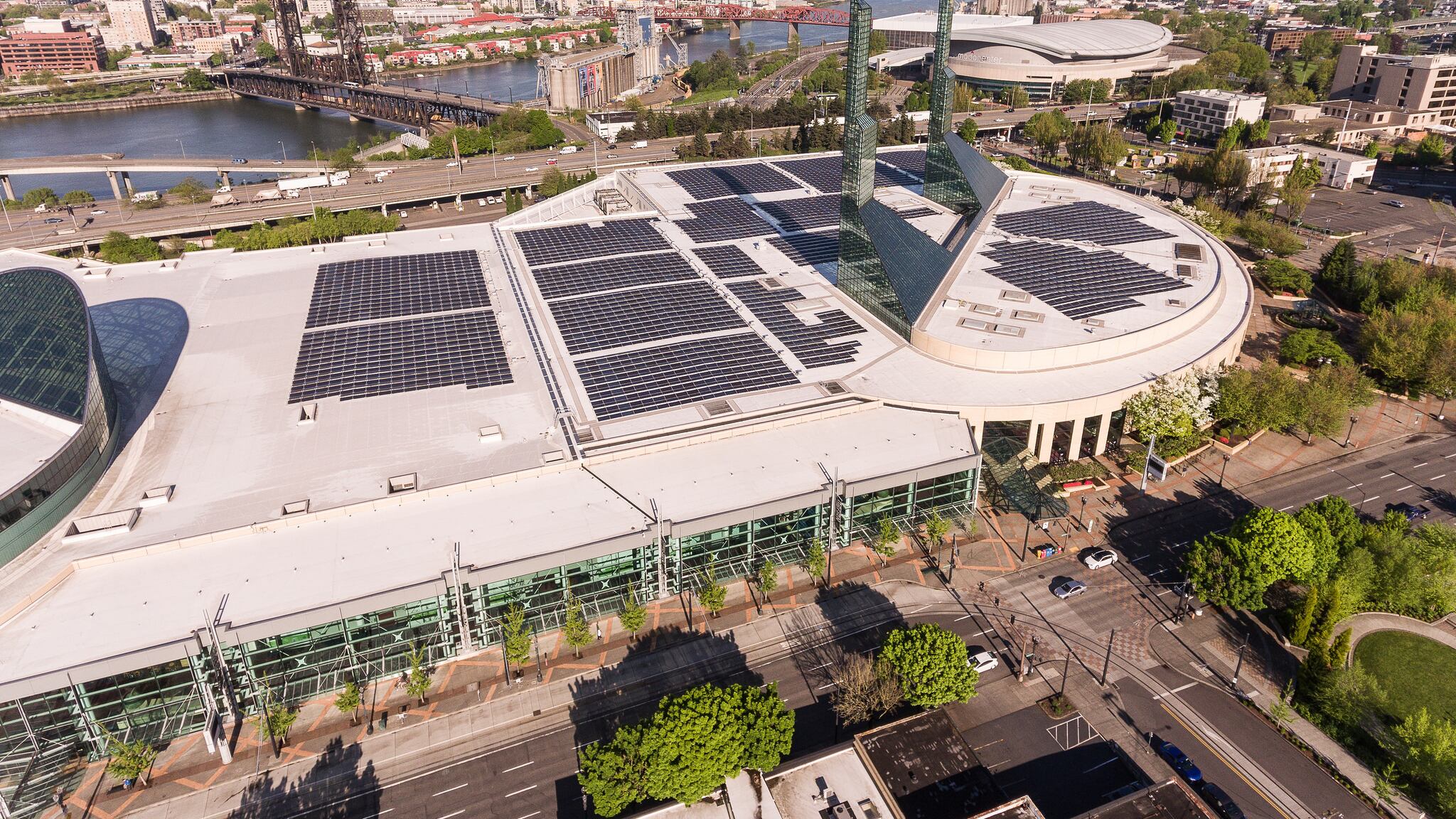Portland Auditor Mary Hull Caballero released an audit of how Prosper Portland managed real estate portfolio this morning. The document highlights challenges the city's redevelopment agency faces as it shifts to a model based on funding itself through income from its real estate holdings, which includes 80 properties scattered about the city.
That shift will be dramatic: today, the agency brings in less than $2 million a year from its real estate portfolio but, by 2031, real estate income is projected to grow to $16.2 million and become Prosper Portland's largest source of income.
Historically, the agency, formerly known as the Portland Development Commission, used a tool called tax increment financing to fund its operations. That approach worked through creating a specific geographic district within the city, borrowing against the future property tax revenues in the district to pay for new development, then dedicating new tax revenue from the district to repay the debt.
Today, the city has shifted the use of tax increment finance funding to funding housing through a separate agency, the Portland Housing Bureau, and more generally slowed the use of such funding for economic development.
Those changes have shrunk the agency's budget and it has downsized from 225 employees in 2009 to just 95 today.

The audit found, however, that the agency will have to beef up its systems and attention to detail to make the transition to a reliance on real estate income successful. Here's a summary of findings:
Thinking it would only own the Inn a short time because the hotel would likely be razed for redevelopment, the agency did not seek competitive bids to manage the facility. The audit says that was a mistake.
“Prosper Portland paid more than $600,000 to the operator [of the hotel] in 2016 compared to an industry standard rate of $125,000,” the audit found. “The hotel operator said that initially, Prosper Portland had asked them to ‘baby sit the hotel for a few months. Despite the temporary nature of the agreement, Prosper Portland renewed the lease 13 times without significant changes.”

